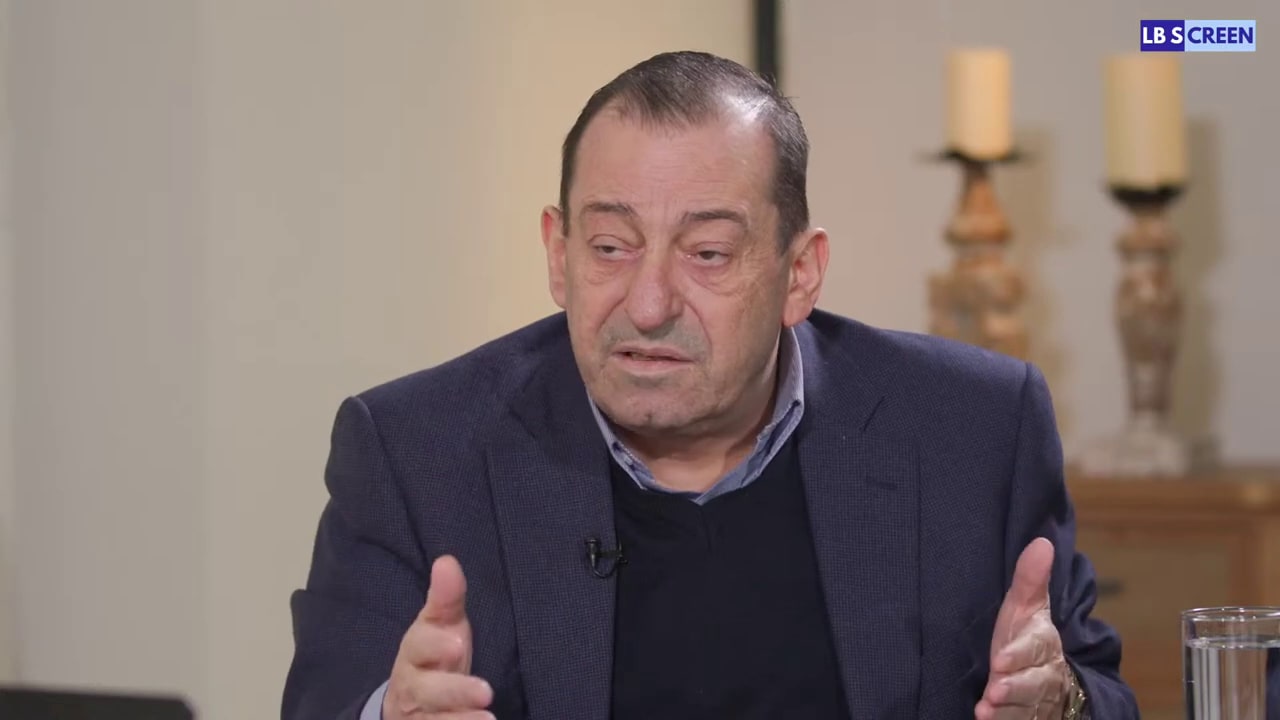
Following are excerpts from an interview with Wajiha Al-Huweidar, a Saudi women's rights activist, which aired on Hurra TV on May 26, 2007:
Wajiha Al-Huweidar: Saudi society is based on masters and slaves, or, to be more precise, masters and maids, because the masters are the men, and the slaves are the women.
[...]
The ownership of a woman is passed from one man to another. Ownership of the woman is passed from the father or the brother to another man, the husband. the women is merely a piece of merchandise, which is passed over to someone else – her guardian. How do you recognize a maid or a slave? The decision making is out of her hands. All the decisions are made by the master. Women today are not allowed to make any kind of decision – not about marriage, work, studies, medical treatment, leaving the house, or traveling.
[...]
I believe that in general, for the Saudi woman, every day is a new battle. She needs to find ways to live on the face of this earth without colliding with the law, with men, with society, with the religious clerics, or with the political establishment. She is besieged. There are five types of shackles, or jails, for the woman – if she manages to escape one, she might enter another. The first is the tribe, then comes the family, then the religious institutions, the political establishment, and finally, society. Wherever you go, you encounter a battle. What are you to do? Within every Saudi woman, there is a Scheherazade. Imagine Scheherazade trying every night to stay alive until the next night. That's how I see the Saudi woman. Some might say that I am exaggerating, but...
Interviewer: Some say your perspective is a bleak one.
Wajiha Al-Huweidar: It's not bleak. I am being realistic. I know that some of our women live in prosperity and freedom, and I am one of them, but to what extent? To what extent do you own what you possess? Nadine, hypothetically speaking, if whoever gave you that freedom decided to take it away from you – would you have the ability to escape this punishment?
[...]
The woman is raised to fear man and society.
Saudi author Khaled Al-Ghanami: So why does she accept this upbringing?
Wajiha Al-Huweidar: Because she stands to lose a great deal, if she rebels. When a man rebels, he might collide with the political establishment only. But when a woman collides with several institutions. Ultimately... I don't know if you've noticed, but when a woman begins to become liberated, she is not respected by society, but when a man raises the banner of liberation, and calls for equality and liberalism, he is highly respected and is always given prominence. Even the state shows respect for a man who speaks freely, but it shows no respect for a woman who speaks freely. She pays the price on every level – her family, religion, and society. ultimately, I think women are greatly feared. When I compare the Saudi man with other Arab men, I can say that the Saudi is the only man who could not compete with the woman. He could not compete, so what did he do with her?
Khaled Al-Ghanami: Why couldn't he compete?
Wajiha Al-Huweidar: because he has great fear of the woman. The woman has capabilities. When women study, they compete with the men for jobs. All jobs are open to men. 90% of them are open to men. You do not feel nay competition. I'm not competing with you for your job. Saudi men do not face competition from non-Saudi men, who are also considered of lower status. The Saudi is a man who has never known the meaning of exerting efforts in order to realize a dream. That is the Saudi man. I am not talking about all men, but about most of them. If you do not face competition from the Saudi woman, and not from the non-Saudi man, you have the entire scene for yourself. All positions and jobs are reserved for you. therefore, you are a spoiled and self-indulged man.














